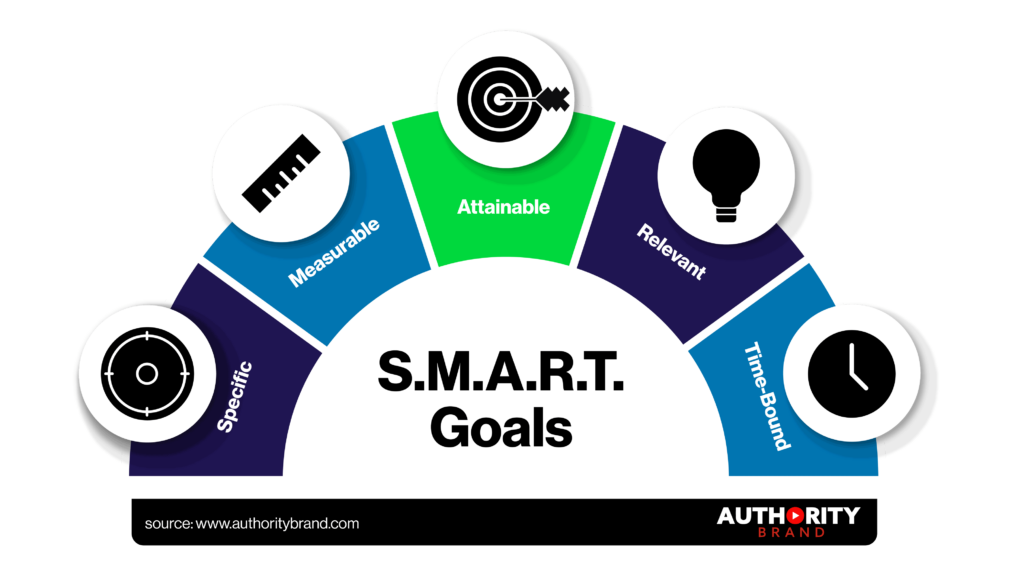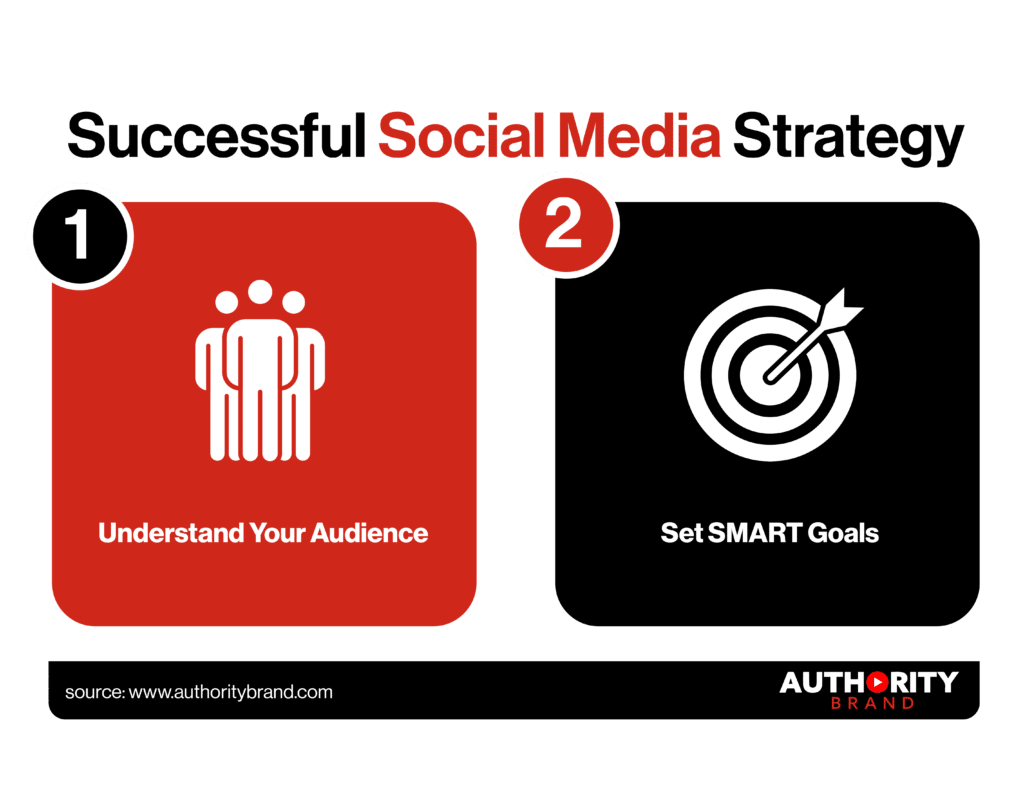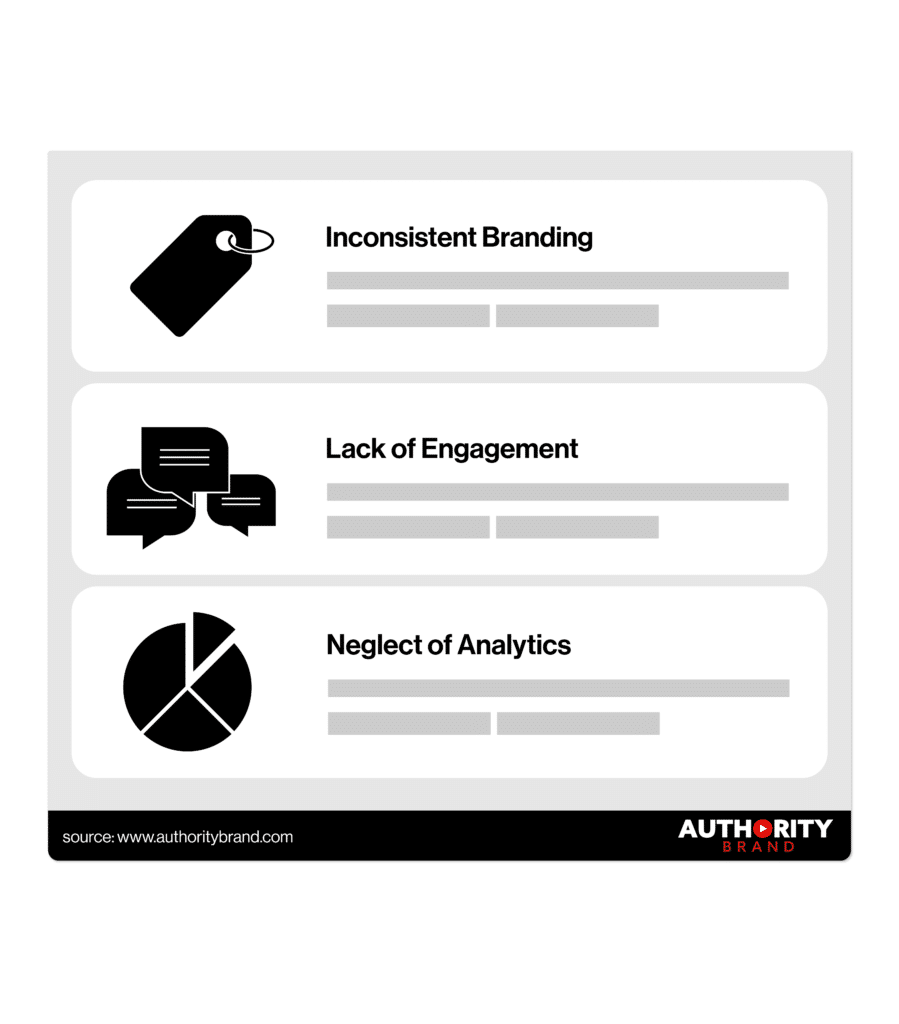Social Media Marketing
Mastering Social Media Marketing:
Strategies for Impactful Online Presence

Any business needs to have a solid online presence, and social media marketing is one of the cornerstone of achieving that presence. With the constantly evolving nature of social media, companies have had to adapt by changing how they interact with their audiences, crafting their brand stories, and expanding their reach.
Social media marketing involves a variety of strategies and tactics, including using platforms like Facebook, Instagram, Twitter, Linked In, and other emerging networks. Creating memorable stories, fostering deep connections, and increasing conversions require more than being present on these platforms.
With the unparalleled connectivity of the digital age, including social media marketing as a critical element in any successful marketing plan is crucial. Brands must effectively use these platforms to forge authentic connections with their audience, understand their needs, and maintain an advantage in an increasingly competitive market.

At Authority Brand, we operate with the mindset of using direct response principles and our ANSWER Framework to attract and convert your ideal customers from strangers to buyers and ultimately to becoming an advocate for your brand. And one of the main strategies we use is social media marketing.
Our social media services are personalized to fit your business’s unique personality, needs, and objectives. We strive to elevate your online presence by captivating, engaging, and converting your followers into loyal customers. Our team has a successful history of developing, delivering results and implementing successful social media marketing campaigns on Facebook and Instagram for clients ranging from small businesses to industry giants. Join us, and let’s take your brand’s social media presence to the next level!
1. Understanding Social Media Marketing
The Evolution of Social Media Marketing

Social media marketing has significantly transformed and has come a long way in the past decade. Initially created to connect people, social media has become a dynamic platform enabling businesses to engage with audiences worldwide, allowing them to reach out to their target customers easily.
Over time, social media platforms have evolved from the primary networking sites of the early 2000s to today’s sophisticated media. Facebook, Twitter, and LinkedIn have paved the way for digital communication, with newer entrants like TikTok building upon their foundation. These new platforms bring unique communication and content-sharing approaches, creating a diverse social media landscape. Social media has become an integral part of business marketing. Direct communication enables brands to engage their audience, boost brand awareness, and drive website traffic. Social media offers businesses a platform to engage their audience with exciting content.
The social media landscape constantly evolves, and businesses must keep up with the latest trends and best practices to maintain their competitive edge. Trends emerge, shift, and sometimes vanish altogether within a few months. To remain relevant and engaging on these platforms, it is essential to understand the factors that drive them, such as influencer marketing, brief content, live streaming, or the growing importance of video content. To achieve success, it is crucial to have a well-developed social media strategy in place. Understanding the importance of a solid social media presence in today’s digital world. It is necessary to create a solid plan that considers the unique needs of your business and target audience.
Key Components of Social Media Marketing

To ensure the success of a social media marketing campaign, it is crucial to have compelling content as the foundation. Creating and curating persuasive content that deeply resonates with your target audience is essential to capture and maintain their attention. This includes visually appealing graphics, videos, and captivating copy, which can help you stand out in a crowded social media landscape.
Building an engaged community requires more than just a high number of followers. It involves promoting dialogue, actively listening to feedback, and nurturing relationships. Successful engagement strategies often include proactive involvement, prompt responses, and programs encouraging communication and participation. Creating a community through contests, surveys, and user-generated content can turn customers into brand advocates. Consistently providing value to your audience can help establish a loyal community that is more likely to become customers and brand advocates.
2. Crafting Your Social Media Strategy
Setting Goals and Objectives
Having a well-thought-out strategy for social media is crucial for diving into the chaotic world of online platforms. Establishing specific goals and objectives that align with your brand’s overall mission is essential. A social media plan requires understanding brand values, mission, and audience. To develop a successful social media strategy, it is crucial first to have a clear understanding of your target audience. Creating thorough personas that accurately outline your target audience’s characteristics, interests, and behaviors can be highly beneficial when tailoring your content and engagement strategies to appeal to specific groups. This way, you can ensure that your message reaches the right people, leading to higher engagement rates and better chances of conversion.

Once you clearly understand your audience, setting SMART goals is critical. The SMART framework stands for Specific, Measurable, Achievable, Relevant, and Time-bound. Setting specific goals provides direction and benchmarks for success, regardless of whether your plan aims to increase sales, foster community involvement, boost website traffic, or raise brand awareness.
It’s essential to measure your social media performance to adjust your strategy. By setting measurable goals, you can track your progress and change your system to ensure your social media plan is effective.
Achieving your goals requires a well-planned strategy aligning with your brand’s mission. Your social media strategy should be achievable, relevant, and time-bound. This way, you can ensure that your social media plan is realistic and that you can achieve your goals within the specified frame.
A well-planned social media strategy is crucial for any brand looking to succeed online and creating a comprehensive social media plan that aligns with your brand’s overall mission and delivers results can be achieved by establishing specific goals, understanding your audience, and following the SMART framework.
Achieving your goals requires a well-planned strategy aligning with your brand’s mission. Your social media strategy should be achievable, relevant, and time-bound. This way, you can ensure that your social media plan is realistic and that you can achieve your goals within the specified frame.
A well-planned social media strategy is crucial for any brand looking to succeed online and creating a comprehensive social media plan that aligns with your brand’s overall mission and delivers results can be achieved by establishing specific goals, understanding your audience, and following the SMART framework.

Developing a Content Strategy

Social media is an ever-evolving platform that relies heavily on content. A well-structured content strategy is necessary to communicate with your target audience regularly and engagingly.
Posting various types of content to keep your audience interested is a good practice. Promoting a product can drive conversations while telling a story can build a relationship with your audience. Educational content, on the other hand, adds value to your audience’s experience and helps establish you as an authority in your field. It is essential to balance these different types of content to keep your audience engaged.
To ensure that you post timely and relevant content, it is essential to have a well-planned content calendar. By preparing in advance, align your content with upcoming events, festivals, and market trends. This approach helps you maintain a consistent narrative across all platforms and maximizes your reach. Additionally, it allows you to focus on other essential aspects of your business without compromising your social media presence.
Having a clear content strategy and a well-planned content calendar can significantly enhance the success of your social media presence. By diversifying your content and aligning it with your business goals, you can create a loyal following and establish yourself as an authority in your industry.
Analytics and Measurement

It is crucial to evaluate the effectiveness of your social media strategy to ensure its success. This evaluation helps to understand how well your plan is performing and identify areas that need improvement. To do this, you must analyze its performance metrics in detail.
Consider several metrics for your social media strategy, including reach, engagement, conversion rates, and more. Various analytics tools, including social media insights, Google Analytics, and third-party tools, can be used to gather these metrics.
Understanding how to interpret metrics such as reach, impressions, engagement rate, click-through rate (CTR), and conversion is essential to gain meaningful insights and relate them to key performance indicators (KPIs). This way, you can evaluate how your social media efforts measure up concerning your predetermined goals.
For instance, analyzing the reach metric would indicate how many people were exposed to your content, while the engagement metric would show how many people interacted with your content. The conversion metric would measure how many people performed the desired action after coming across your range.
Therefore, understanding and analyzing these metrics is vital in assessing the effectiveness of your social media strategy and making informed decisions to improve it.
3. Advanced Social Media Marketing Techniques
Leveraging Paid Advertising
Paid advertising effectively promotes products and services with two key advantages. Target-specific audiences are more likely to be interested in your product. Reinforcing your brand message can make it more recognizable to potential customers.
To benefit from paid advertising, exploring the different options available on various platforms, such as Instagram, Facebook, Twitter, and LinkedIn ads, is crucial. Understanding each platform’s unique advertising tools and formats is vital for successful campaigns.
Developing an effective advertising campaign requires a well-planned strategy that includes creating engaging content, identifying target markets, allocating funds, and maximizing ad placements. Creating appealing content that resonates with the target audience is critical to the campaign’s success. Placing your ads in front of the right target market ensures maximum interest. Allocating funds effectively and maximizing ad placements guarantees that the ads get top potential customers.
Paid advertising effectively promotes products and services; a well-planned advertising campaign can provide a good ROI. By understanding the nuances of each platform’s advertising tools and formats and developing a comprehensive strategy, marketers can create successful campaigns that reach the right audience and reinforce the brand message.

Influencer Marketing Collaboration

In recent years, influencer marketing has become an increasingly popular way for brands to connect with their target audience. This marketing strategy involves collaborating with social media influencers who possess significant following and wield authority to impact their followers’ purchasing decisions. However, to make these collaborations successful, it’s essential to identify influencers that share values and beliefs similar to your brand and significantly impact your target market.
To ensure productive collaborations, it’s crucial to establish clear communication channels and set expectations for all parties involved. This can include defining content guidelines, posting schedules, and agreeing on compensation details. By doing so, the brand and the influencer can clearly understand their roles and responsibilities, resulting in a more successful collaboration.
Building genuine relationships with influencers is equally crucial, as it can help you establish long-term partnerships and create more significant brand awareness. By investing time in getting to know the influencers, their interests, and their values, brands can create authentic and long-lasting relationships that can benefit both parties in the long run. Through influencer marketing, brands can gain valuable insights into consumer preferences and behavior, which can help refine their marketing strategies and boost business performance. Brands can effectively reach their target audience through influencer marketing. However, selecting the right influencer, establishing clear communication channels, and building genuine relationships are essential to success.
Social Media SEO and Algorithms
4. Avoiding Common Pitfalls
Common Social Media Marketing Mistakes
Social media marketing can pose a challenge, even for experienced marketers. It requires a comprehensive understanding of the various platforms, their algorithms, and the audience’s preferences. Despite their expertise, many business owners must improve their social media campaigns. Identifying and addressing these mistakes is critical to achieving success.

Inconsistent branding is one of the most common errors and can harm a brand’s reputation. It can occur when a company’s brand voice, tone, and visual elements could be more consistent across all social media platforms. This inconsistency can confuse customers and make it harder for them to recognize and connect with the brand.
Lack of engagement is also a significant issue in social media marketing. It can happen when a company needs to respond to customers’ comments, feedback, or questions. This lack of engagement can make customers feel ignored and unimportant, negatively impacting the brand’s reputation.
Neglect of analytics is another crucial mistake that is often made. Analytics can provide valuable insights into the audience’s behavior, preferences, and engagement levels. Neglecting to analyze this data can hinder a company’s ability to improve its social media strategy and optimize its campaigns.
The first step to fixing these mistakes is acknowledging them. By taking proactive measures, such as creating a consistent brand voice and tone, responding to customers’ comments and feedback, and analyzing data regularly, business owners can prevent these pitfalls and achieve better results.The first step to fixing these mistakes is acknowledging them. By taking proactive measures, such as creating a consistent brand voice and tone, responding to customers’ comments and feedback, and analyzing data regularly, business owners can prevent these pitfalls and achieve better results.
Navigating Algorithm Changes and Platform Updates

Social media platforms constantly evolve to keep up with changing trends and user behavior. These changes often involve updates to algorithms, features, and policies. As a result, individuals and businesses must stay informed about these changes to ensure that their social media activities remain effective and comply with platform policies.
To stay informed, one can use various tools and techniques. For example, following official blogs of social media platforms can provide insights into upcoming changes and new features. Attending webinars hosted by social media experts can also provide valuable information about the latest strategies and best practices. Additionally, subscribing to trade publications covering social media trends can help individuals and businesses stay updated on the latest developments.
However, more than simply staying informed is required. It is also essential to modify engagement techniques, review advertising strategies, and adjust content strategies to align with the rapidly changing social media environment. This may involve using new tools like chatbots or video content to engage with audiences more meaningfully. It may also apply to rethink advertising strategies to take advantage of unique targeting options or to better align with platform policies.
Staying up-to-date with the ever-changing social media landscape requires ongoing effort and adaptation. Individuals and businesses can adjust their social media strategies using various tools and techniques to remain practical and relevant.
5. Real-World Examples and Case Studies
Success Stories in Social Media Marketing
Studying successful social media campaigns can provide invaluable insights into practical strategies and their impact on target audiences. By examining various industries’ noteworthy and effective campaigns, including their messaging, tactics, and execution, we can determine what resonates with their target audience at different marketing funnel stages.
For instance, some campaigns may drive brand awareness by highlighting unique selling propositions. In contrast, others may aim to increase website traffic or drive sales by creating compelling call-to-action. We can extract essential lessons and valuable information about the target audience’s demographics, interests, and behavior by analyzing these success stories.
Moreover, examining the social media campaigns’ various creative elements, such as visual design, copywriting, and tone of voice, can provide insights into how to craft engaging and persuasive content. We can develop effective social media campaigns that resonate with our target audience by analyzing successful trends, methods, and creative techniques.
These observations can serve as insightful guidelines for developing effective social media campaigns that align with the company’s marketing goals and objectives. Furthermore, they can help businesses stay ahead of the curve by adapting to the ever-changing social media landscape.
Lessons from Failed Campaigns
Social media marketing can be complex and requires careful planning and execution. When a marketing initiative does not meet expectations, it is essential to analyze the reasons behind the failure. A comprehensive examination of targeting, content strategy, and execution can help identify the issues that led to the loss.
Targeting is a crucial factor in any successful social media marketing campaign. Failure to target the right audience can lead to poor engagement and a lack of interest in the content. Identifying the target audience and their interests is essential to design content that resonates with them.
Content strategy is another essential component of social media marketing. Creating unique, engaging, and valuable content for the target audience is necessary. A well-designed content strategy can help drive engagement, increase brand awareness, and generate leads.
Execution is also a critical factor in social media marketing. Execution can positively impact engagement, feedback, and brand reputation. It is essential to ensure that the content is delivered at the right time, on the right platform, and in the correct format.
It is crucial to learn from failures and use them as teaching moments. Analyzing the reasons behind the failure can provide valuable insights that can be applied to subsequent campaigns. Making the necessary adjustments makes it possible to improve social media marketing efforts and achieve significant success.
Targeting is a crucial factor in any successful social media marketing campaign. Failure to target the right audience can lead to poor engagement and a lack of interest in the content. Identifying the target audience and their interests is essential to design content that resonates with them.
Content strategy is another essential component of social media marketing. Creating unique, engaging, and valuable content for the target audience is necessary. A well-designed content strategy can help drive engagement, increase brand awareness, and generate leads.
Execution is also a critical factor in social media marketing. Execution can positively impact engagement, feedback, and brand reputation. It is essential to ensure that the content is delivered at the right time, on the right platform, and in the correct format.
It is crucial to learn from failures and use them as teaching moments. Analyzing the reasons behind the failure can provide valuable insights that can be applied to subsequent campaigns. Making the necessary adjustments makes it possible to improve social media marketing efforts and achieve significant success.

Conclusion: Unleash Your Brand's Digital Potential
Social media marketing is the key to enhancing your brand’s online visibility and engagement. But it’s not just about knowing the tactics; it’s also about taking action. Enable your creativity and customize these insights to fit your brand’s unique personality. Witness your online presence thrive as you implement these strategies. Let’s embark on this exciting journey to become a social media marketing expert. Take the first step now, and let’s see how to make magic happen!
Transform Your Ad Campaigns
Discover the fastest and easiest way to effortlessly triple your ad profits using Trust Scaling.
